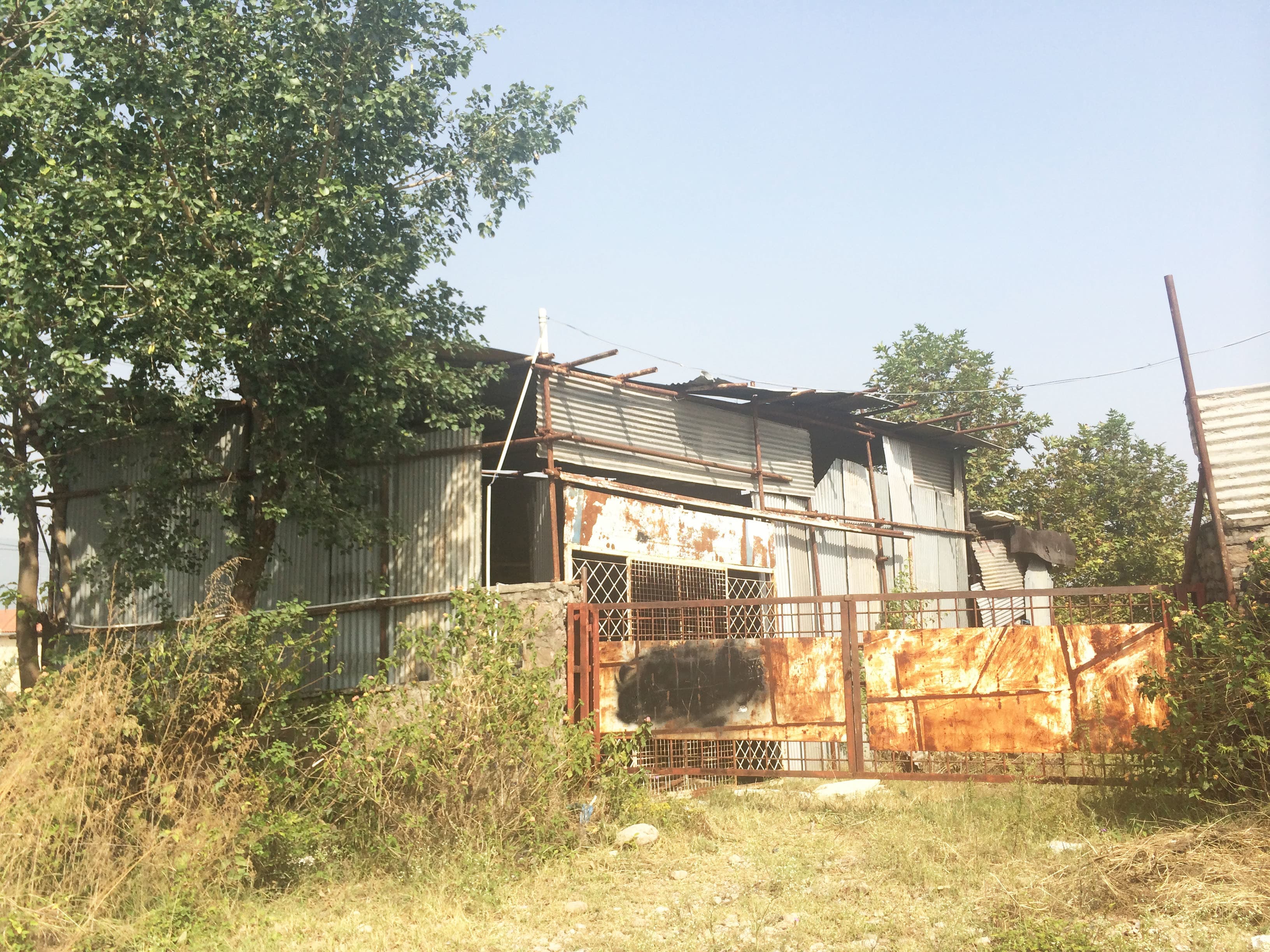Once known for its quiet, scenic beauty and multitude of bird species, Bani Gala is now faced with a problem that threatens to destroy the area: rich people wanting to build palatial houses, and the real estate agents and land grabbers that follow behind.
The hills have now become a lucrative business venture, with buyers lining up to purchase property at prices that are lower than the rest of Islamabad. Much to the chagrin of locals, houses are being constructed at the cost of the environment, particularly the large-scale, unplanned cutting of trees.
Even though Bani Gala constitutes a rural part of Islamabad, it now exudes the air of an upscale neighbourhood. Many influential politicians, military generals, judges, bureaucrats and businessmen have residences in the vicinity. The once quiet hills are now covered with poorly constructed roads leading up to giant concrete constructs that are peppered across the landscape.

The area shot to fame in 1992 when an operation was conducted by the Capital Development Authority (CDA) on the house of nuclear scientist Dr Abdul Qadeer Khan which was allegedly built on encroached land. Later in 2003, Pakistan Tehreek-i-Insaf (PTI) Chairman Imran Khan bought around 300 kanals of land in Bani Gala, and started living there after building a lavish house.
"In Bani Gala, the real boom in property business came about with the arrival of Imran Khan, and its now expanding every day," says local property dealer Raja Jawad.

Even though official records are not available for the number of trees and plants that have been chopped down for construction, long-time residents of Bani Gala say the number must run in thousands.
"If you compare Bani Gala's on-ground situation to how it was five years ago, you will find a massive change in the environment, which is a direct result of unending construction," says a local Waseem Abbasi.
Another factor contributing to rapid deforestation is the presence of influential land grabbers who have managed to encroach large chunks of land adjacent to the Korangi River in Bani Gala's Morah Noor area.
The encroachers cut down trees and dump waste into the river, which is one of the major water reservoirs for the nearby Rawal dam that supplies water to the twin cities.

The water flowing from these illegal settlements and livestock pens threatens to completely contaminate the Korangi River, impacting wildlife and those reliant on water from the dam.


Where is the CDA?
The CDA's satellite images of Islamabad's different zones show that encroachments in the federal capital, including Bani Gala, have risen by 70 per cent in the last 10 years.
Earlier in 2014, the Pakistan Environment Protection Agency issued a notification for a complete ban on unapproved new structures in Rawal Lake’s catchment areas. Despite the notification, construction continues unabated.

“Every passing day, one can see new houses built adjacent to the catchment area of Rawal dam and nobody dares stop these violators who come in their four-wheel Prados and land cruisers, says a bitter local Sher Ali who built his house two years ago in Bani Gala.
"If Islamabad's local administration and CDA really want to preserve nature, they should enforce a complete ban on tree-cutting in the area, and mafias should be restricted from engaging in deforestation because it is a punishable act under the law, says senior citizen and resident of Bani Gala's Mohra Noor area, Muhammad Gulzar.

For its part, the CDA says it is monitoring the situation.
"Even though most of the land is privately-owned, the CDA can still take action against rapid deforestation under the Forest Act; we have not turned a blind eye to these environmental issues, says CDA member planning Syed Mustafeen Kazmi.
He adds that the CDA's forest wing has on occasion taken action against tree-cutting under the Forest Act.
A visit to Bani Gala however suggests little is being done. The CDA forest department's check posts are locked and appear abandoned.












































